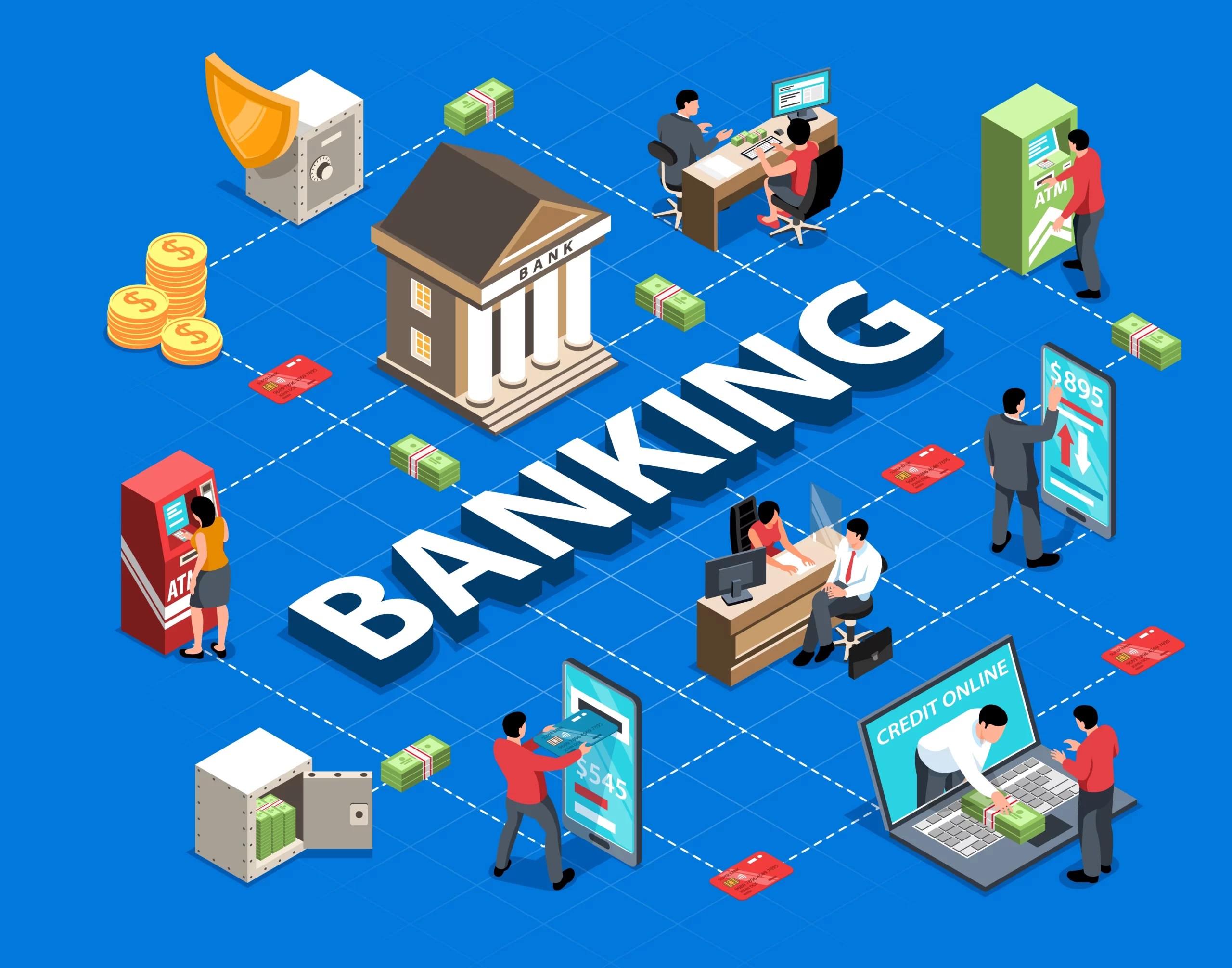The banking sector is undergoing a significant transformation, marked by a substantial increase in digital transactions. Recent data reveals that the volume of money exchanged through digital channels in Nigeria's banking sector surged by 55%, reaching a staggering N600 trillion. This trend is indicative of a broader shift in consumer behavior and technological advancements in financial services. As digital banking becomes more prevalent, it raises questions about the future of traditional banking methods and the implications for financial stability in an inflationary environment.
According to Afrinvest's latest report, this growth in digital transactions is not just limited to banking; it also reflects a broader expansion in the insurance and finance industries. With growth rates of 10% and 16.4% in the past two years, these sectors are adapting to changes and capitalizing on new opportunities. However, the persistent high inflation rate poses uncertainties for the long-term sustainability of this growth.
As we delve deeper into this topic, we will uncover the factors driving the rise of digital banking, the challenges posed by inflation, and the strategic recommendations for banks to navigate these turbulent waters. Understanding these dynamics is essential for stakeholders in the financial sector, policymakers, and consumers alike.
What You Will Learn
- The significant rise in digital banking transactions and its impact on the economy.
- The growth rates of the finance and insurance industries in recent years.
- The uncertainties posed by high inflation on banking sector prospects.
- Strategies for banks to enhance resilience against inflationary pressures.
The Rise of Digital Banking in Nigeria
The financial landscape in Nigeria is rapidly evolving, with digital banking at the forefront of this change. The remarkable 55% increase in transactions highlights a significant shift from traditional banking methods to digital platforms. This transformation is not merely a trend but reflects a fundamental change in how consumers interact with financial institutions.
Several factors contribute to this growth. Firstly, the increasing availability and accessibility of technology have enabled a larger segment of the population to engage with financial services online. Additionally, the COVID-19 pandemic accelerated the adoption of digital banking as consumers sought safer and more convenient ways to manage their finances.
Furthermore, banks are investing heavily in digital infrastructure, improving user experience through enhanced security and user-friendly interfaces. This trend indicates a strong commitment from financial institutions to embrace digital transformation and meet consumer demands effectively.
Challenges of Inflation on the Banking Sector
Despite the positive growth in digital banking, the Nigerian economy faces significant challenges, particularly concerning inflation. With inflation rates soaring to 34% in May 2024, the banking sector's prospects are clouded by uncertainty. High inflation affects consumer purchasing power and can lead to increased defaults on loans, posing risks for banks.
The report titled "Bank Recapitalization: Catalyst for a $1tn Economy" highlights that while the financial sector has shown resilience, the ongoing inflation crisis necessitates a robust response from banks. Financial institutions must adapt their strategies to mitigate risks arising from fluctuating economic conditions.
To navigate these challenges, banks are urged to enhance their risk management frameworks and invest in cost-effective digital channels. By doing so, they can better position themselves to withstand the pressures of inflation and continue to serve their customers effectively.
Strategic Recommendations for Financial Institutions
In light of the current economic landscape, it is crucial for banks to adopt proactive strategies to ensure long-term stability. Afrinvest's research emphasizes the need for comprehensive fiscal and monetary policies that address structural impediments such as infrastructural deficits and security concerns.
By optimizing foreign exchange inflows and preventing financial leakages, banks can enhance their resilience against systemic risks. This approach not only safeguards their assets but also fosters consumer confidence in the banking system.
Moreover, banks should explore new business opportunities within both lateral and vertical markets. By diversifying their offerings, they can tap into new revenue streams and reduce reliance on traditional banking practices.
Conclusion and Future Outlook
As Nigeria's banking sector continues to evolve, the growth of digital transactions presents both opportunities and challenges. While the impressive 55% increase in digital banking transactions reflects a positive trend towards modernization, the looming threat of inflation necessitates a vigilant approach from financial institutions.
In conclusion, it is imperative for banks to remain agile and responsive to changing economic conditions. By implementing robust risk management strategies and embracing digital transformation, they can navigate uncertainties and position themselves for sustainable growth in the future.
With the right approach, the banking sector can thrive in this new digital landscape, ultimately benefiting consumers and contributing to the overall stability of the Nigerian economy.




